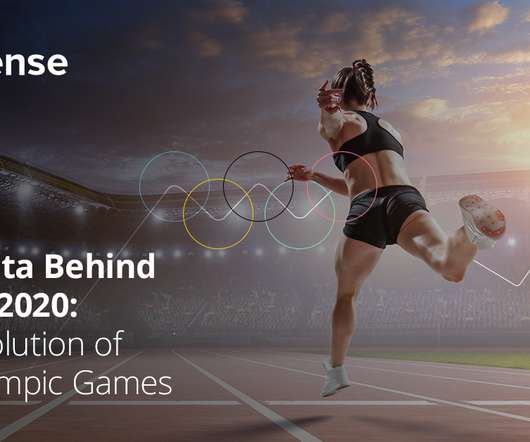Glossary of Digital Terminology for Career Relevance
Rocket-Powered Data Science
JULY 7, 2019
AGI (Artificial General Intelligence): AI (Artificial Intelligence): Application of Machine Learning algorithms to robotics and machines (including bots), focused on taking actions based on sensory inputs (data). Analytics: The products of Machine Learning and Data Science (such as predictive analytics, health analytics, cyber analytics).














Let's personalize your content